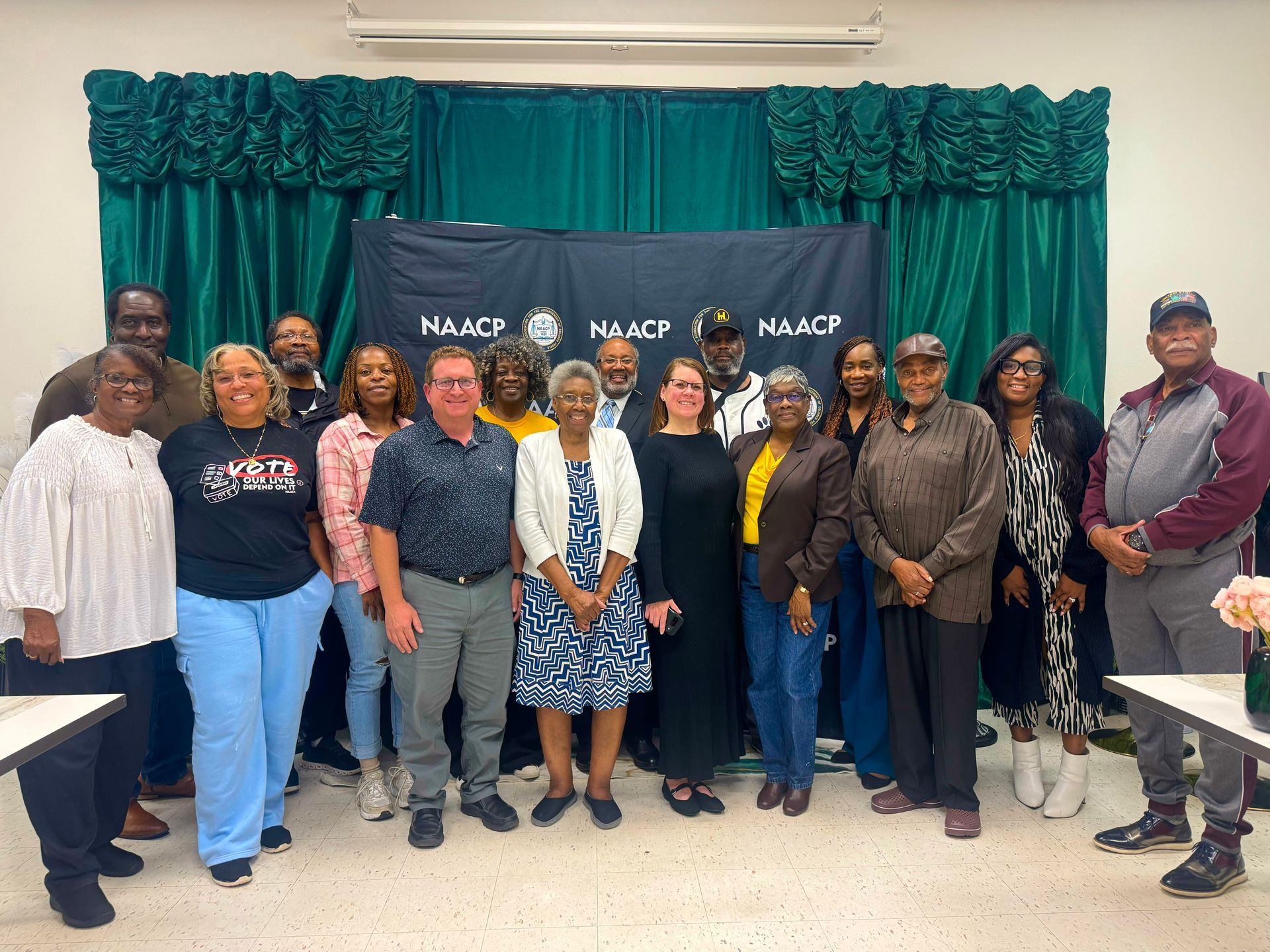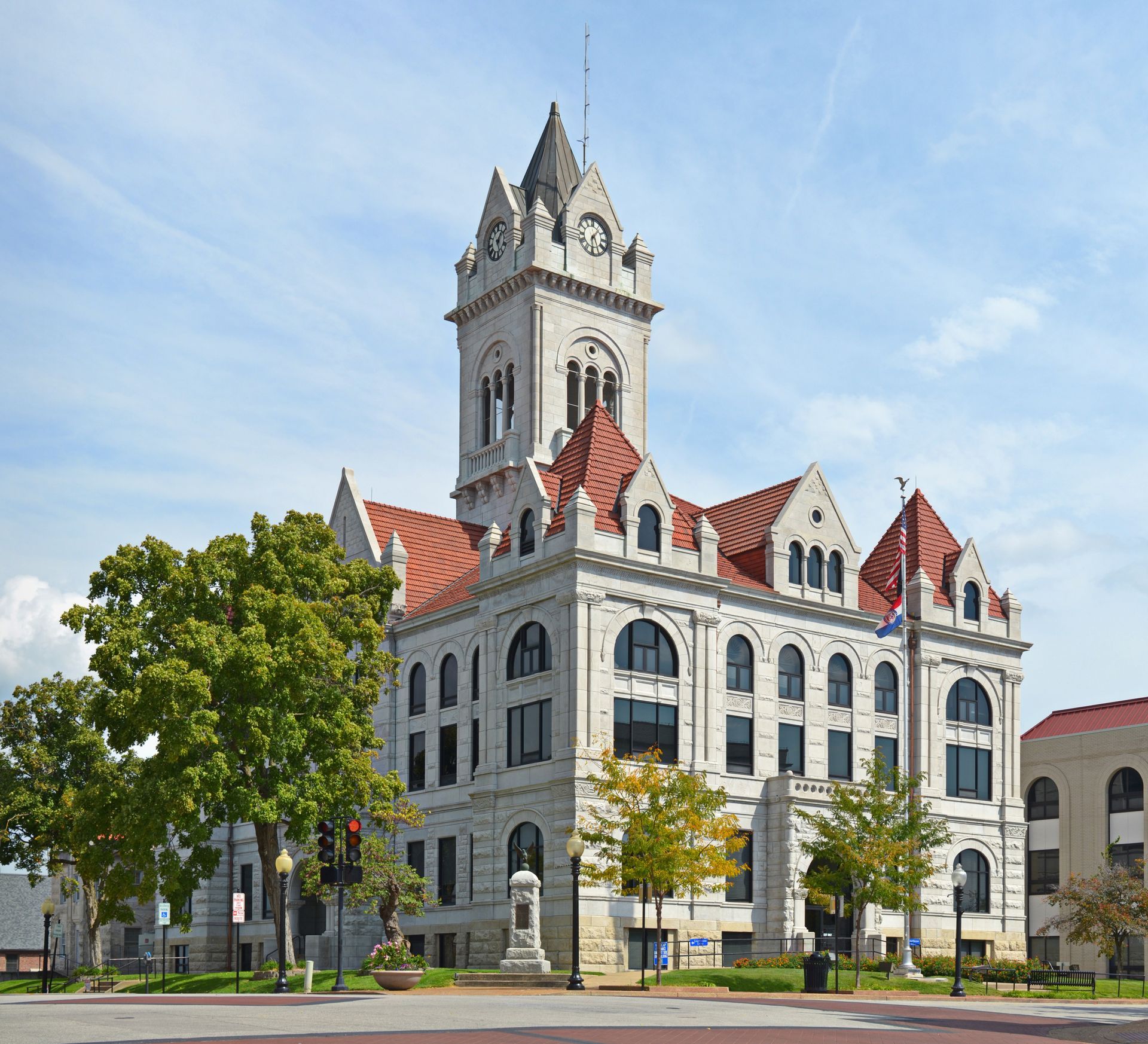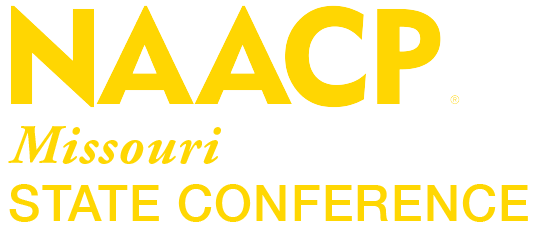WEEKLY LEGISLATIVE UPDATE 04/08/2024
The Mood at the Capitol
This year is marked by the longest possible legislative session, leap year, early easter, and now an eclipse. You don't have to be superstitious to notice all of the phenomena are correlated to a strange legislative session. Did these things cause the budget to be late and the Senate to be locked in multiple filibusters on issues unrelated to the legislation on the floor? Probably not, but it makes for a better story if they are.
Last week and the coming week tend to be slow as bills begin to cross over to the next chamber. Missouri doesn't have official deadlines for committee action or cross over dates, but unofficially, if a bill hasn’t been voted on in its original chamber by Tax Day, it’s likely dead. This leads to lots of abandoning of the original bill number(s) and looking for amendment strategies.
student organization discrimination
The Senate Education Committee heard a bill last week, SB 1446, that would require the State Board of Education to form a work group called the "Humanity Education Curriculum Framework Work Group" for purposes of developing a curriculum framework that teachers may use when teaching students in grades 6-12 about the dehumanization of marginalized groups in Missouri. The bill was brought to Senator Brian Williams by the family of Celia Newsom who was an enslaved person who had been repeatedly impregnated by the man who claimed to own her. She killed him in self-defense and was hung on the courthouse steps in Fulton, MO. Stories like Celia's provide important context for the society we live in today. The goal of the work group is to develop curriculum to tell stories like hers.
voting rights
SJR 74 (Coleman) was voted out of committee this last Tuesday. As expected, the ballot candy was added back in via an amendment by Representative Brad Banderman. This amendment caused quite a bit of debate among the committee members. During this debate Representative Ken Waller emphasized that the one of the reasons the language was being put back in was to appease the Senate sponsor of the bill. Representative Eric Woods retorted by stating that they were not elected to do what the Senator wishes. Representative David Tyson Smith also spoke out against the amendment, defending the work the Senate Democrats did to remove the ballot candy only for the House to put it back. Included in the amendment was a provision not present in the original Senate version: a public forum for all ballot initiatives to be hosted by the Secretary of State. This is problematic because as Representative Donna Baringer put it, “what is to stop the Secretary of State from putting their personal input about the ballot in the public forum presentation?” After a lengthy debate, the amendment was added and the bill was voted out of committee down a party line vote. The debate ended with an impassioned speech by Representative Joe Adams who reiterated the racist roots of these attempts and the ties to slavery that these restrictions have. The bill has one more vote before it heads to the House floor to be debated. As a reminder, because an amendment was added, the bill must return to the Senate for one more deliberation.
SB 1120 (Carter) was voted out of committee by a unanimous vote. This is a good sign that both parties agree that the caucus system is a problem and have a desire to return to the Presidential Preference Primary. We will continue to support the return of the Presidential Preference Primary and will continue to work on the issue. The bill is now heading to the Senate calendar to be debated on the floor.
SJR 78 (Brown-26) was debated on the floor of the Senate this week and was amended and ultimately passed. This bill is a strange one as it seeks to preemptively ban Ranked Choice Voting, Approval Voting, or any other system that allows someone to vote for more than one person per position. It also includes the “only citizens” ballot candy and some strange provisions regarding paper ballots and voting machine verifications. During debate, there was a lot of confusion about municipal elections including but not limited to school board elections, Kansas City and St. Louis mayoral elections, and St. Louis aldermanic elections and whether or not this bill would apply to them. It was apparent that there is a very clear lack of education surrounding these forms of voting. The resulting amendment excluded any area that already had these alternative voting systems in place and specifically excluded school board elections. Although the Missouri Voter Protection Coalition does not take a stance on these alternative voting systems, we support everyone’s right to choose how they wish to vote. As a reminder, because this is a Senate
Joint
Resolution, this bill must be voted on by a majority of the people. We will continue to oppose this bill as it heads over to the House.
criminal justice
The comprehensive crime bills, HB1659 and SB754, are moving slowly but surely through the process. They are currently poised for debate in the opposite chamber. The bills both attempt to re-pass provisions from last year’s vetoed comprehensive crime bill, SB189 (2023). The bills are slightly different, but both contain more good than bad provisions. The team at JAG is putting together a spreadsheet showing the different provisions of these bills as well as the corrections bills.
The comprehensive corrections bill,
HB1777, was turned in to the Senate and will likely be referred to Senate Judiciary soon. We have already talked to the bill sponsor and the Senate Judiciary Chair about removing the mandatory minimum sentences language. The language would include convictions that did not result in terms of imprisonment in the calculation for the percentage of a sentence that must be served before being eligible for release. Currently, only prior convictions that resulted in imprisonment are counted when determining this percentage. In addition to issues of justice and over-incarceration, the current overcrowding situation in Missouri is leading to hundreds of unnecessary deaths and violence. The Senate may also be willing to add a few other non-controversial provisions before sending it back to the House for approval. This does make the bill slightly less likely to pass, but is necessary given the harm caused by the Hovis Amendment.
The Clean Slate bills,
HB2555, was voted out of committee. The bill includes automatic expungement for a variety of offenses. It is a major improvement over the current expungement system in Missouri. The only objections to the Clean Slate concept are related to the burden on the circuit court clerks. The way Missouri’s charging codes work mean that most cases will have to be actually opened and inspected for eligibility. This has been a major problem in relation to the marijuana expungement that passed on the ballot in 2022. The leads on the Clean Slate language are working with the clerks, the Missouri Supreme Court, and the bill sponsor to find solutions to the concern.
upcoming hearings
- No Public Hearings Scheduled this Week
calls to action
- If you have any questions about any of the legislation mentioned here or the legislative program generally, please contact President Chapel or Olivia Pener.
Tracking List
https://govwatch.net/report/M6q8o0GrzR
*This list is continually updated and improved. If you have questions, please contact Sharon Geuea Jones at
sharon@jonesadvocacy.com.
RECENT ARTICLES




